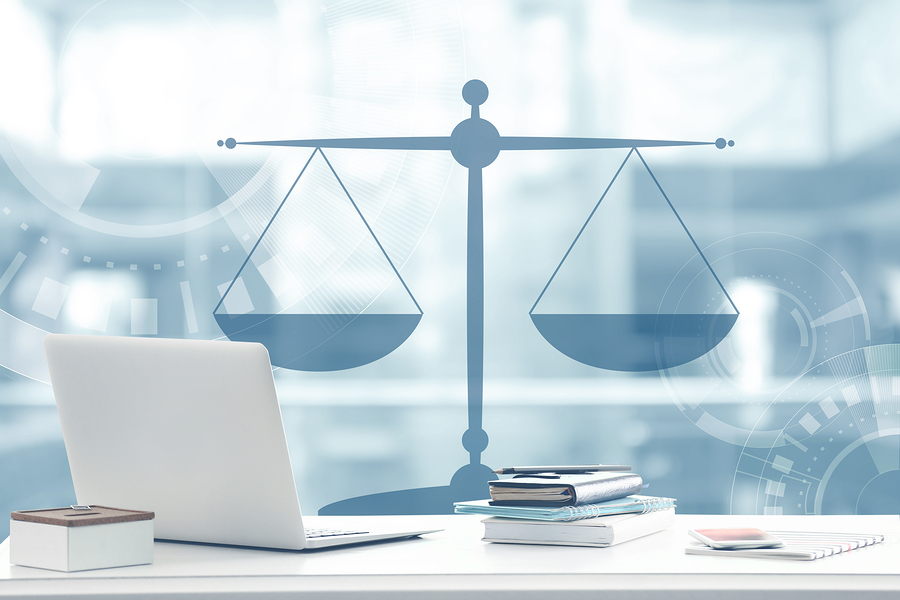
Robohub.org
The senate’s automated driving bill could squash state authority
 My previous post on the House and Senate automated driving bills (HB 3388 and SB 1885) concluded by noting that, in addition to the federal government, states and the municipalities within them also play an important role in regulating road safety.These numerous functions involve, among others, designing and maintaining roads, setting and enforcing traffic laws, licensing and punishing drivers, registering and inspecting vehicles, requiring and regulating automotive insurance, and enabling victims to recover from the drivers or manufacturers responsible for their injuries.
My previous post on the House and Senate automated driving bills (HB 3388 and SB 1885) concluded by noting that, in addition to the federal government, states and the municipalities within them also play an important role in regulating road safety.These numerous functions involve, among others, designing and maintaining roads, setting and enforcing traffic laws, licensing and punishing drivers, registering and inspecting vehicles, requiring and regulating automotive insurance, and enabling victims to recover from the drivers or manufacturers responsible for their injuries.
Unfortunately, the Senate bill could preempt many of these functions. The House bill contains modest preemption language and a savings clause that admirably tries to clarify the line between federal and state roles. The Senate bill, in contrast, currently contains a breathtakingly broad preemption provision that was proposed in committee markup by, curiously, a Democratic senator.
(I say “currently” for two reasons. First, a single text of the bill is not available online; only the original text plus the marked-up texts for the Senate Commerce Committee’s amendments to that original have been posted. Second, whereas HB 3388 has passed the full House, SB 1885 is still making its way through the Senate.)
Under one of these amendments to the Senate bill, “[n]o State or political subdivision of a State may adopt, maintain, or enforce any law, rule, or standard regulating the design, construction, or performance of a highly automated vehicle or automated driving system with respect to any of the safety evaluation report subject areas.” These areas are system safety, data recording, cybersecurity, human-machine interface, crashworthiness, capabilities, post-crash behavior, accounting for applicable laws, and automation function.
A savings provision like the one in the House bill was in the original Senate bill but apparently dropped in committee.
A plain reading of this language suggests that all kinds of state and local laws would be void in the context of automated driving. Restrictions on what kind of data can be collected by motor vehicles? Fine for conventional driving, but preempted for automated driving. Penalties for speeding? Fine for conventional driving, but preempted for automated driving. Deregistration of an unsafe vehicle? Same.
The Senate language could have an even more subtly dramatic effect on state personal injury law. Under existing federal law, FMVSS compliance “does not exempt a person from liability at common law.” (The U.S. Supreme Court has fabulously muddied what this provision actually means by, in two cases, reaching essentially opposite conclusions about whether a jury could find a manufacturer liable under state law for injuries caused by a vehicle design that was consistent with applicable FMVSS.)
The Senate bill preserves this statutory language (whatever it means) and even adds a second sentence providing that “nothing” in the automated driving preemption section “shall exempt a person from liability at common law or under a State statute authorizing a civil remedy for damages or other monetary relief.”
Although this would seem to reinforce the power of a jury to determine what is reasonable in a civil suit, the Senate bill makes this second sentence “subject to” the breathtakingly broad preemption language described above. On its plain meaning, this language accordingly restricts rather than respects state tort and product liability law.
This is confusing (whether intentionally or unintentionally), so consider a stylized illustration:
1) You may not use the television.
2) Subject to (1), you may watch The Simpsons.
This language probably bars you from watching The Simpsons (at least on the television). If the intent were instead to permit you to do so, the language would be:
1) You may not use the television.
2) Notwithstanding (1), you may watch The Simpsons.
The amendment as proposed could have said “notwithstanding” instead of “subject to.” It did not.
I do not know the intent of the senators who voted for this automated driving bill and for this amendment to it. They may have intended a result other than the one suggested by their language. Indeed, they may have even addressed these issues without recording the result in the documents subsequently released. If so, they should make these changes, or they should make their changes public.
And if not, everyone from Congress to City Hall should consider what this massive preemption would mean.
tags: Automotive





